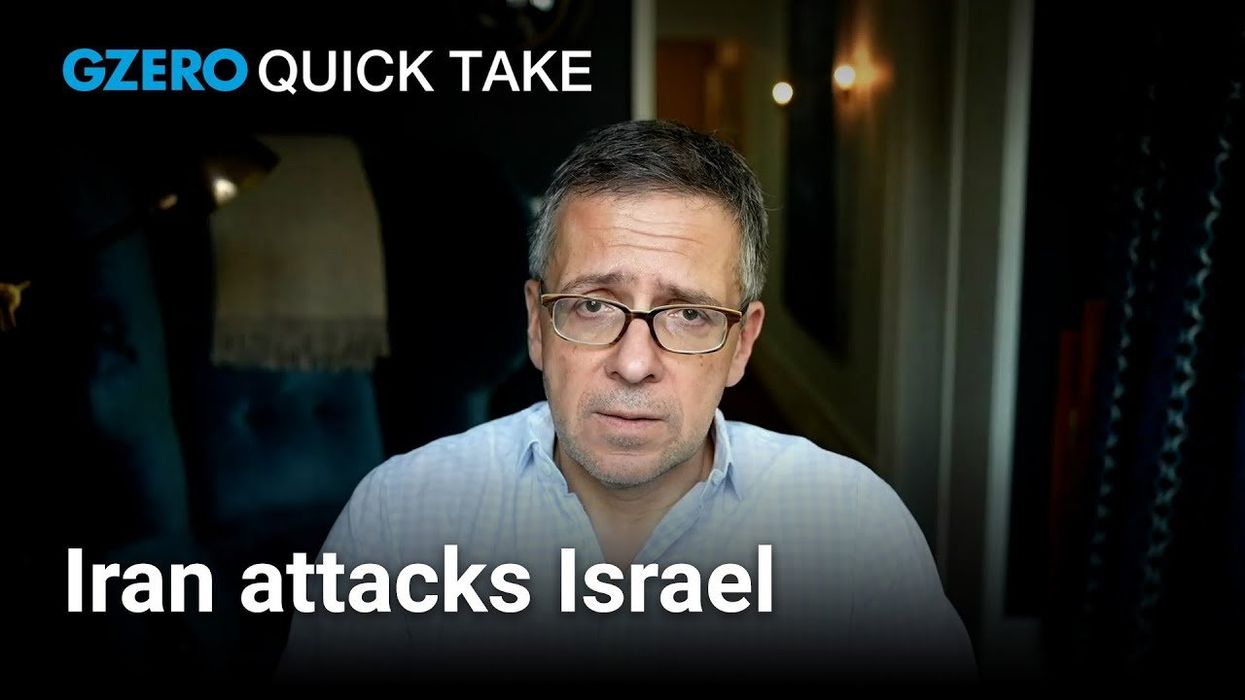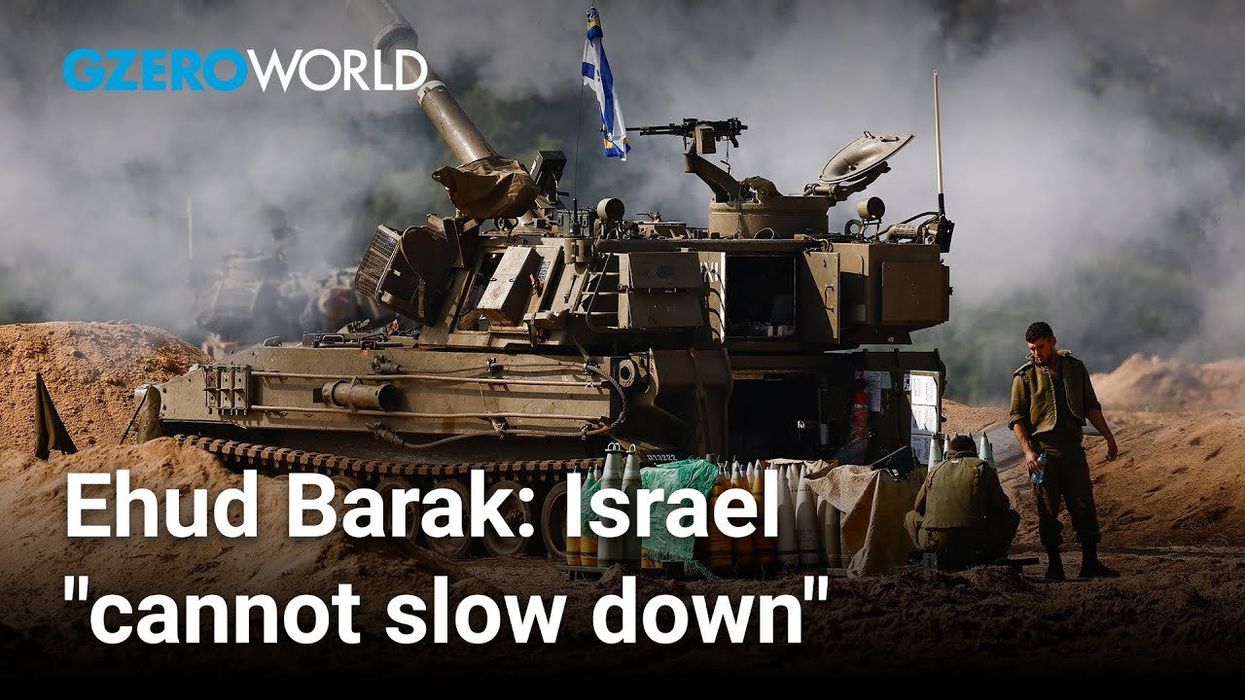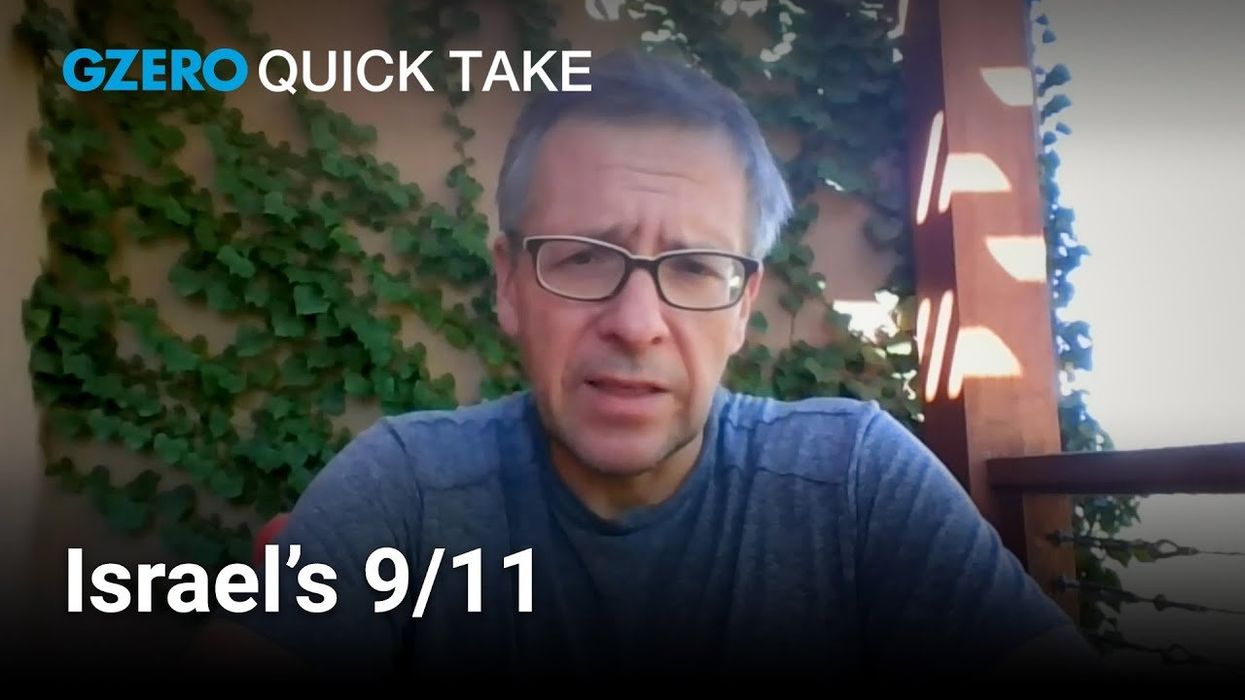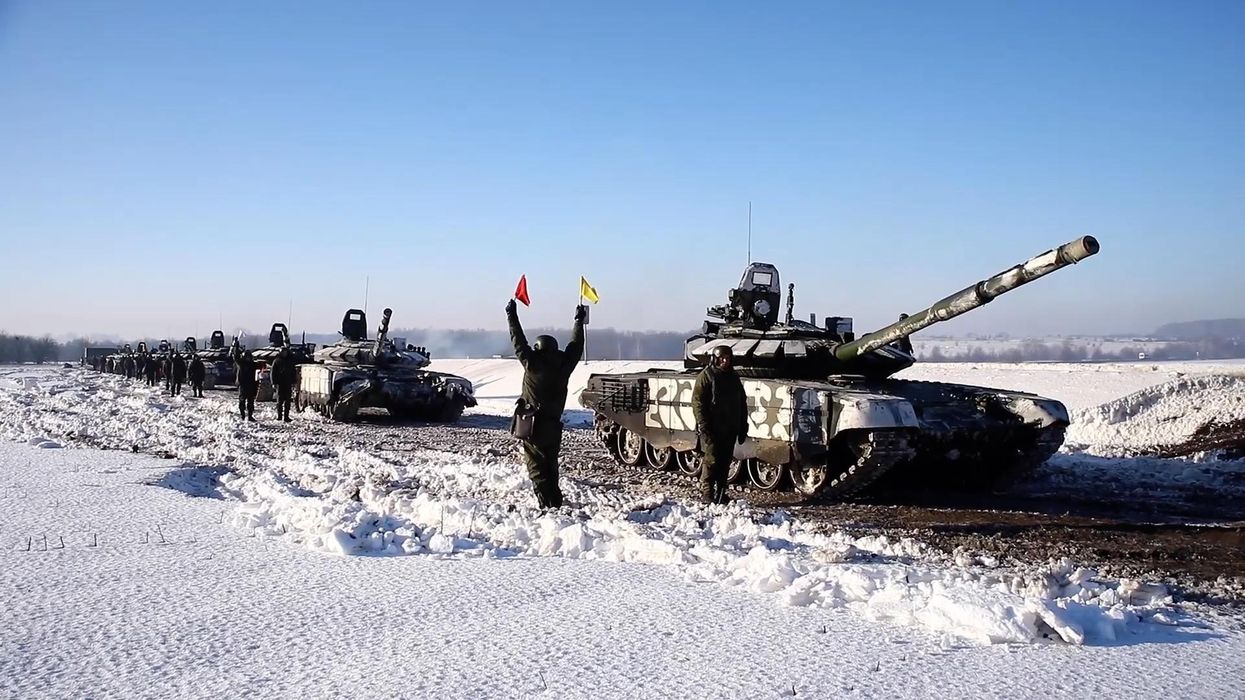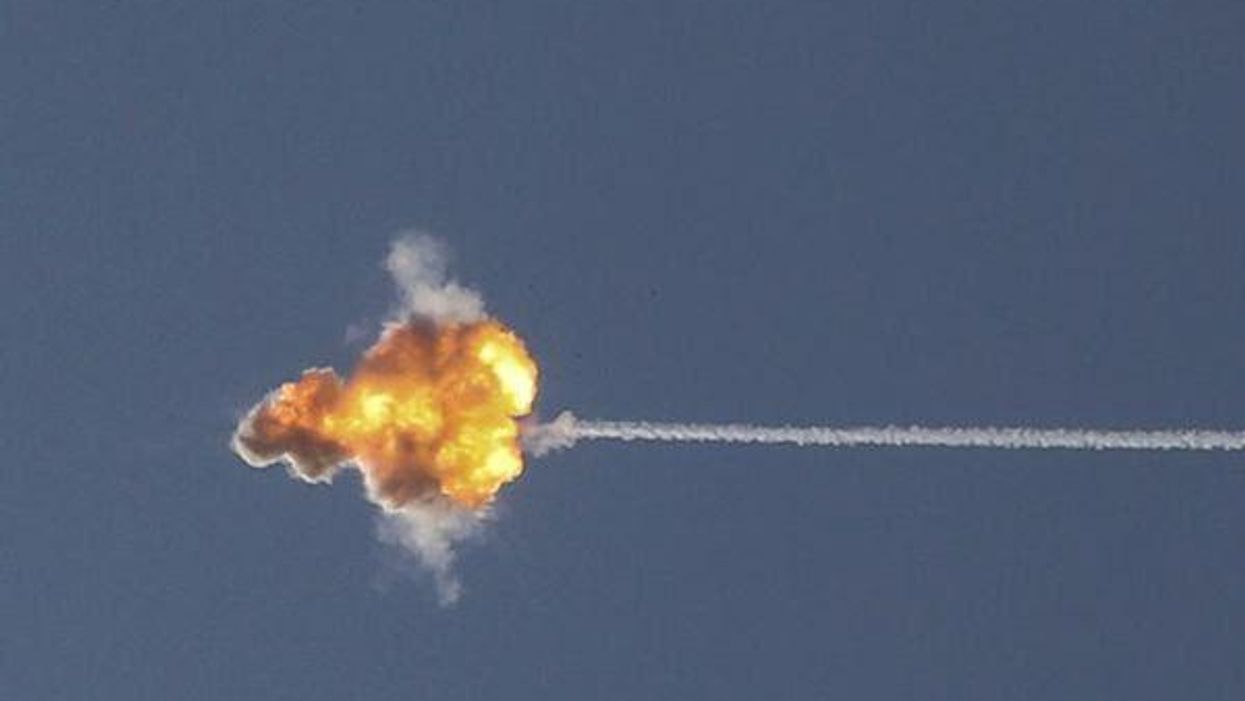Quick Take
Iran attacks Israel
Ian Bremmer's Quick Take: In the Middle East, unprecedented strikes by Iran and its proxies against Israel. Clearly a very dangerous thing to do, but could have been a hell of a lot worse. What do I mean by that? Well, it is not World War III. Americans warned Iran not to hit the United States, and the Iranians gave a heads-up, days in advance.
Apr 14, 2024
